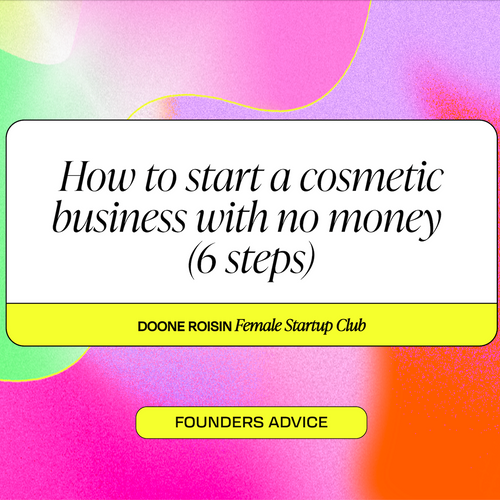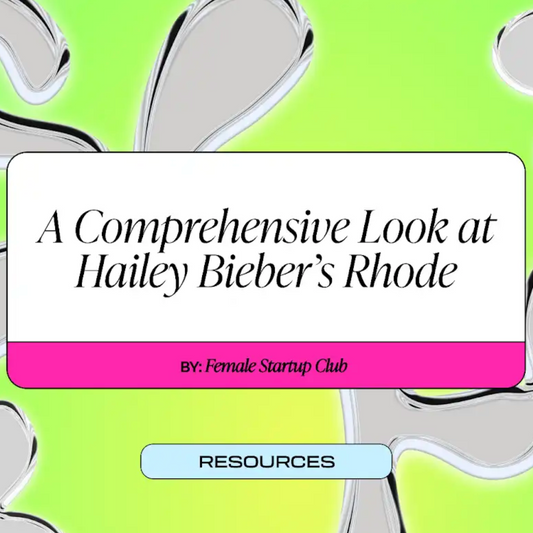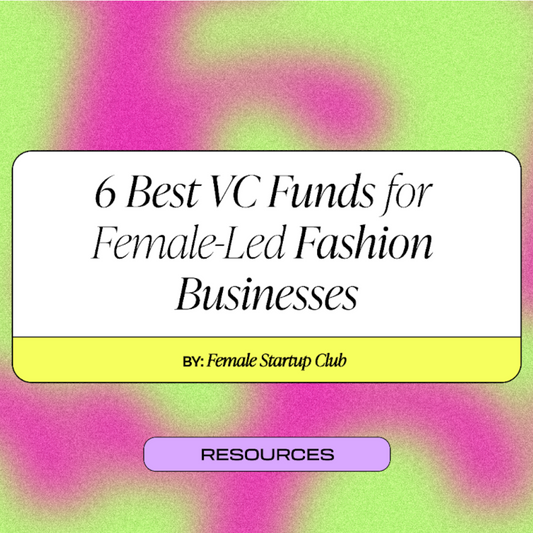Today we’re chatting to Meha Agrawal, the founder of Silk + Sonder! Silk + Sonder is a guided self care and mental wellness platform and community, generating millions of dollars in recurring revenue and serving tens of thousands of women across the US.
I thought this episode was so cool because Meha is a pro at blending DTC with tech and community. We talk through her start and how she got her first customers, what makes her community sticky and the lessons she learned from raising millions of dollars in capital; and it’s not what you might think!
Meha ended up raising $4M across a pre-seed and a seed back in 2020, and I was so excited to dig into her story. The first thing to remember is that getting your first cheque doesn’t make the other cheques magically appear. Every investor is different, every investor cared about a different part of your business. You have to be able to speak to the power of community if that’s what they’re interested in, CPG if that’s what they’re interested in. Essentially, treat investors how you would treat your customers. And a real golden nugget is that going out to raise when you don’t necessarily need the funding is the best time to raise. It will allow you to run that process authentically which is so important.

Let’s dive into her journey—from her first 1,000 customers to raising millions in capital—and the valuable lessons she learned along the way.
From Software Engineer to Founder
Meha’s career didn’t start in wellness or entrepreneurship—it began in tech. After graduating, she kicked off her career as a software engineer at Goldman Sachs in New York City. But soon, she realized that the corporate world wasn’t the right fit.
She made the move to the startup scene, landing at a female-founded company in San Francisco, then joining Stitch Fix, where she discovered a love for creating beautiful, personalized experiences for customers. Even though she had all the external markers of success, Meha felt unfulfilled and started searching for something more meaningful.
How Silk + Sonder Came to Life
For Meha, traditional mental health solutions like therapy felt inaccessible and meditation wasn’t always effective. So, she began experimenting with journaling, combining elements from therapy, meditation, and positive psychology into a personal diary. It was a game-changer. The more she wrote, the more she wondered why there wasn’t a community-based, science-backed approach to this kind of self-care.
And just like that, the idea for Silk + Sonder was born—a space where women could not only engage in guided journaling but also connect with others who shared similar experiences. It wasn’t just about creating a product; it was about starting a movement.
Three Questions to Ask Before Taking the Leap
Before leaving her full-time job to dive into Silk + Sonder, Meha made sure she was setting herself up for success by asking herself three crucial questions:
- Will this business generate at least a dollar? If she couldn’t make even a little money from it, how could it scale?
- Does the product have market fit? She used the classic "40% rule": if more than 40% of customers would be disappointed if the product disappeared, then there’s a good chance the product has strong market fit.
- Am I willing to raise capital? Knowing whether she was ready to pursue outside funding helped her shape the company’s growth strategy.
The turning point came when she reached 1,000 paying customers. At that point, it became clear that there was enough demand, and it was time to go all-in. For Meha, the risk of not pursuing her entrepreneurial dream was far greater than the financial risk of leaving her job.
How She Landed Her First 1,000 Customers
Meha didn’t have a massive budget to launch Silk + Sonder. She started with just $5,000 and focused on reaching the break-even point as quickly as possible. Her approach was simple: lean operations and a relentless focus on the customer experience. She printed the journals in small batches, listened closely to user feedback, and continuously iterated the product.
The magic formula? Women were initially drawn to Silk + Sonder for the guided self-care content but stayed for the sense of community that came with it.
Raising $4M in Funding—Without Losing Control
Silk + Sonder’s success didn’t go unnoticed. Early on, Meha knew that whether she raised outside investment or not, she was committed to building a legacy brand. That mindset allowed her to approach fundraising from a place of confidence, not desperation. She ended up raising $4 million across pre-seed and seed rounds, but it wasn’t as simple as one investor writing a check and the rest following suit.
She learned that each investor had different priorities—whether it was the power of the community, the growth of the direct-to-consumer business, or the brand’s overall mission. Meha treated her potential investors just like customers: understanding their needs, values, and motivations.
Her advice? Raise funds when you don’t necessarily need them. It’s easier to stay authentic and negotiate better terms when you’re not desperate for capital.
Building a Community That Truly Connects
For Meha, creating a sticky, values-driven community started with her involvement. It was important for Silk + Sonder members to see a real person behind the brand—someone who genuinely cared about their well-being. She recommends that founders be actively involved in their communities, especially in the early stages, to create a personal connection.
One of Meha’s secrets to fostering a close-knit community? Radical thoughtfulness. She didn’t just send automated replies; she took the time to respond thoughtfully, addressing people by name and making them feel seen and heard. This level of engagement made the community feel like a supportive space rather than just another customer support forum.
Lessons in Scaling a Business and Taking Risks
Meha’s journey has been full of ups and downs, but one thing’s for sure—she’s learned a lot along the way. For those aspiring to start their own business, she suggests breaking down your big vision into small, manageable steps. Instead of trying to figure out everything at once, just focus on what you need to do today. It might be as simple as incorporating your business or reaching out to a few potential customers.
Her philosophy? Don’t try to leap five steps ahead. Just keep putting one foot in front of the other, and you’ll be amazed at how much progress you can make.
Takeaway for Aspiring Founders
Meha’s story is a testament to the power of combining passion with practicality. She didn’t just start a business; she built a community and created a movement for women to prioritize their mental wellness. Whether you’re on the verge of starting your own business or looking to scale one, remember that you don’t need to have everything figured out right away. Take small steps, listen to your customers, and don’t be afraid to ask for help.
With Silk + Sonder, Meha Agrawal hasn’t just sold over 750,000 journals; she’s changed the way women across America approach self-care. And if she can do it, why not you?



